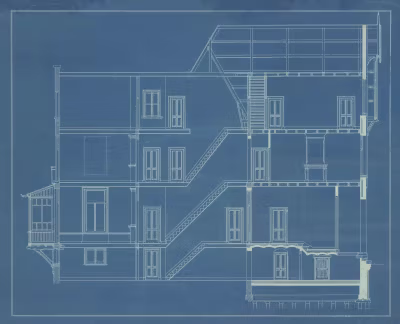Payment Disputes & Mechanic's Liens

Few things frustrate homeowners more than paying a contractor for work that turns out to be defective, incomplete, or overpriced—only to be threatened with a mechanic’s lien when they refuse to pay more. These disputes often arise near the end of a project, when tensions are high and communication has broken down. At Hollington Law Firm, we help Colorado homeowners navigate these conflicts, protect their property rights, and ensure that contractors are held accountable under Colorado law.
How Payment Disputes Arise
Most payment disputes start with a simple misunderstanding that grows into something larger. Contractors may issue surprise “change orders,” demand payment for unapproved work, or claim the homeowner is withholding funds unfairly. In other cases, homeowners discover that materials were never delivered or subcontractors were never paid, even though the homeowner already covered those costs.
When a homeowner pushes back or asks for documentation, some contractors respond by recording a mechanic’s lien against the property. A lien is meant to protect those who furnish labor or materials, but in practice it is often used to pressure homeowners into paying disputed or inflated amounts. Even when invalid, a recorded lien can cloud title, block refinancing or sale, and force the homeowner to spend time and money clearing their name.
Understanding Mechanic’s Liens in Colorado
Under Colorado law, contractors and subcontractors have the right to file a lien if they are not paid for authorized work. However, strict deadlines and procedural rules apply. To be valid, a lien claimant must provide a 10-Day Notice of Intent to Lien, file the lien within four months of last providing labor or materials, and include an accurate statement of the amount claimed. Liens filed after the deadline, for work never performed, or for inflated amounts may be declared invalid and removed by court order.
Homeowners also have the right to “bond around” a lien by posting a surety bond with the county clerk. This removes the lien from the property while preserving the underlying dispute for later resolution in court.
Common Issues in Payment & Lien Disputes
Contractors demanding payment for unfinished or defective work
Disputes over unapproved or inflated change orders
Failure to pay subcontractors or suppliers after receiving funds
Recording of false or exaggerated mechanic’s liens
Attempts to withhold warranty service until final payment is made
Contractors walking off the job after payment disagreements
Each of these situations can expose a homeowner to financial loss or legal risk if not handled properly.
Who Is Responsible
Colorado’s Mechanic’s Lien Trust Fund Statute (C.R.S. § 38-22-127) requires contractors to hold all funds received for a project in trust for payment to subcontractors and suppliers. When contractors divert those funds or use them for other projects, they violate state law and may face civil and even criminal liability.
In addition, contractors who file knowingly false liens or refuse to release a lien after payment can be held responsible for damages and attorney fees under Colorado’s lien statutes.
How Hollington Law Firm Can Help
At Hollington Law Firm, we represent Colorado homeowners in disputes with contractors, subcontractors, and suppliers over payment and lien issues. We analyze contracts, payment histories, and communications to determine who owes what—and whether any lien was properly filed. When necessary, we file actions to discharge invalid liens, pursue claims under the Construction Trust Fund Statute, and defend homeowners in lien foreclosure actions.
Our goal is to protect your property, resolve the dispute efficiently, and ensure that you pay only for the work that was properly performed.
Contact Us
If a contractor has filed or threatened a mechanic’s lien against your home, or if you are facing a payment dispute over unfinished or defective work, contact Hollington Law Firm to schedule a consultation. We’ll explain your rights under Colorado’s lien and construction laws and help you take the steps needed to protect your home and investment.
Have Questions About Your Case?
Schedule a free 15-minute screening call to discuss your construction defect or property damage claim with our experienced attorneys.



